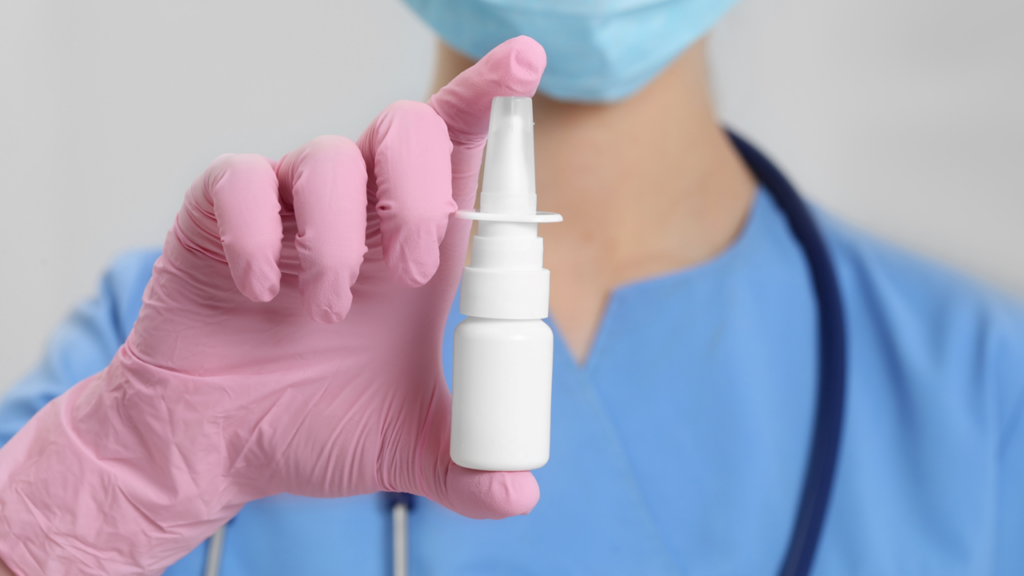Vistagen has taken a significant step forward in its PALISADE Phase III program with the enrollment of the first patient in the PALISADE-4 trial, marking another milestone in the development of fasedienol nasal spray for social anxiety disorder (SAD). This double-blind, placebo-controlled study aims to assess the efficacy, safety and tolerability of fasedienol as an acute treatment for SAD.
SAD is a debilitating condition that affects over 30 million Americans, causing extreme anxiety in social situations and significantly impairing daily life. Only about half of SAD patients ever seek treatment, often waiting 15 to 20 years, mostly due to stigma, lack of awareness and more troublingly, assuming it to be part of their personality.
The PALISADE-4 trial is part of a broader strategy to establish substantial evidence supporting a potential New Drug Application (NDA) for fasedienol with the US Food and Drug Administration (FDA).
Fasedienol is a unique investigational neuroactive pherine nasal spray designed to rapidly reduce anxiety through nose-to-brain neural circuit activation without systemic absorption. Unlike current therapies for anxiety, fasedienol bypasses the bloodstream, directly affecting olfactory and amygdala circuits to manage symptoms of fear and anxiety in individuals with SAD.
The PALISADE-4 trial will enroll approximately 236 adults, following a similar design to the ongoing PALISADE-3 trial and the earlier PALISADE-2 trial, which showed positive results. Participants will be randomized 1:1 to receive either fasedienol or a placebo, with the primary outcome being self-rated anxiety reduction using the Subjective Units of Distress Scale (SUDS).
XTALKS WEBINAR: Accelerating Psychiatry Clinical Trials Through a Patient-Centric Approach: Real Patients, Real Outcomes
Live and On-Demand: Wednesday, October 30, 2024, at 10am EDT (3pm CET/EU-Central)
Register for this free webinar to gain insights into strategies that can be followed for conducting successful psychiatry clinical trials.
According to the National Institute for Health and Care Excellence (NICE) guidelines on SAD, up to 80 percent of individuals with SAD also experience other psychiatric disorders, such as depression, substance-use disorders and other anxiety conditions. SAD often starts early in life and, in many cases, being under-recognized, persists into adulthood without proper intervention. The availability of acute treatments like fasedienol may be a critical factor in addressing not just the core symptoms of SAD but also its potential comorbidities.
With its Fast Track designation from the FDA, the Fasedienol nasal spray may offer a new solution for patients who typically avoid seeking care.
The economic burden of SAD is substantial, with those affected facing lower employment rates, reduced productivity and higher healthcare costs. According to a UK study, in 2002 the estimated annual healthcare costs per person with SAD was £609 (around $813.02), while productivity losses reached £441 (approximately $588.74) per employed person.
The PALISADE-3 and PALISADE-4 trials bring Vistagen to the forefront of psychiatric innovation, as they work to offer new therapeutic possibilities to those living with SAD. The company’s increased research and development expenses in the first quarter of fiscal year 2025 (ended June 30, 2024) reflect their preparedness for accelerating fasedienol toward potential FDA approval.












Join or login to leave a comment
JOIN LOGIN